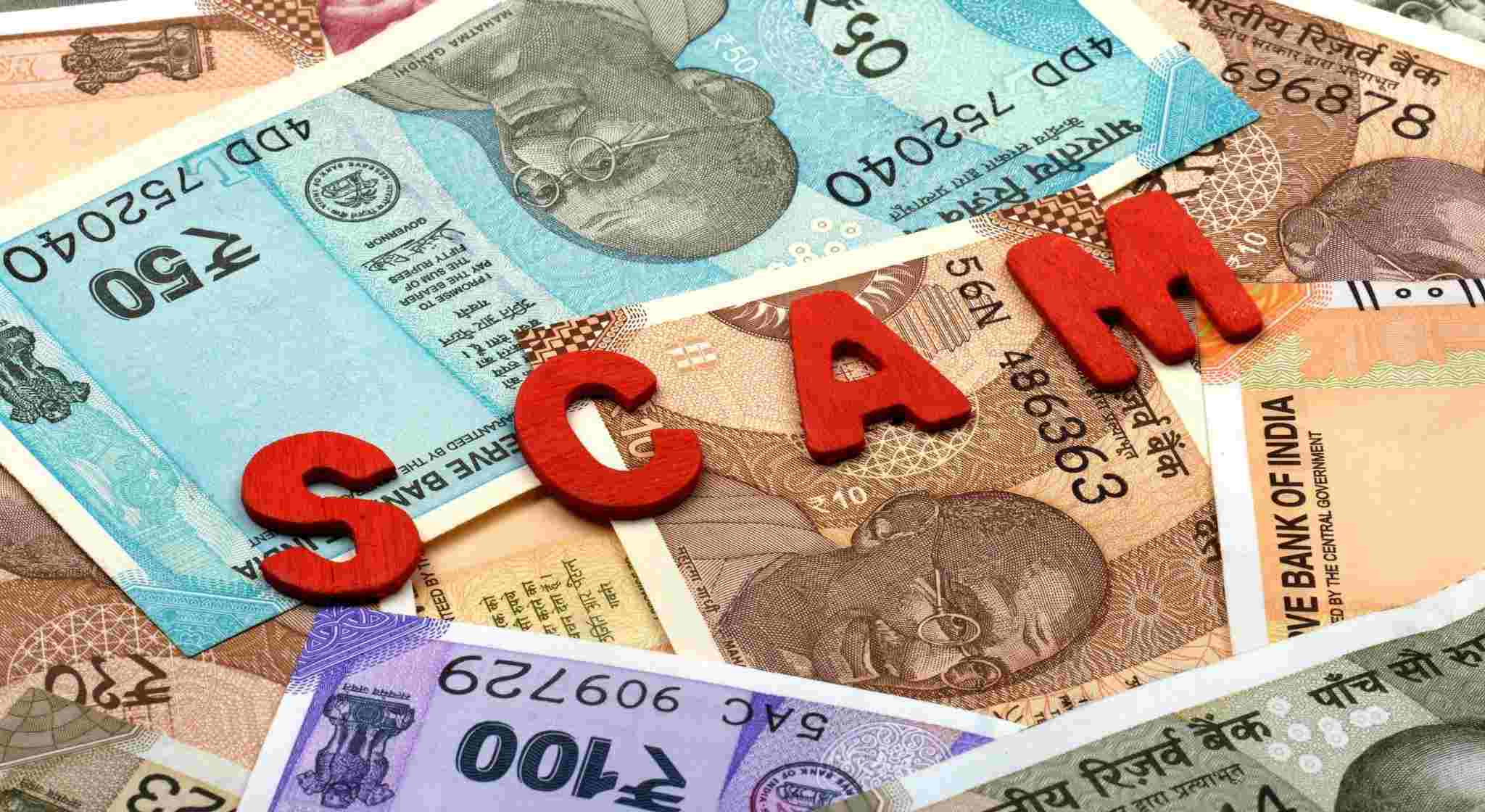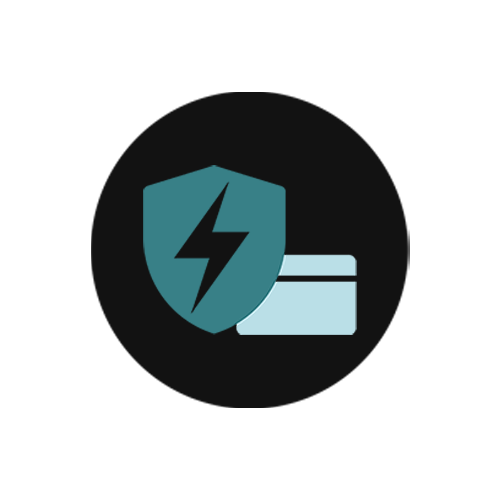Home » Recent Studies Indicate That There Has Been a Rapid Rise in Father’s Day Scams
Recent Studies Indicate That There Has Been a Rapid Rise in Father’s Day Scams

Scammers are on the loose and Father’s Day is yet another occasion when they are getting ready to strike! Studies and stats from the FTC and US gov website have indicated that there has been a 33.44% spike in Father’s Day scams from 2019 to 2020, and then from 2020-to 2021 a further 27.31% increase. Upon analyzing trends from previous years, it is evident that scammers are ready to bait innocent people with fake Father’s Day offers, danger disguised in the form of celebratory cards, and much more!
What are eCards?

ECards (electronic or online greeting cards) have grown in popularity in recent years. They offer a quick, simple, and enjoyable method to send greetings to friends and family – or if you own a business, your clients. eCards are extremely popular for large-scale events like Christmas and Father’s day, as well as for personal occasions like birthdays and weddings. However, like with emails, you should exercise caution while receiving or sending an eCard in case it is a mask for some kind of scam.
- Father’s Day eCard Scams Every Other Day
One of the most prevalent Father’s Day frauds includes ecards, which are ideal for those of us who put off sending a Father’s Day card until the last minute. Because of the difficulties of purchasing traditional greeting cards during the Coronavirus pandemic, a significant increase in the number of e-cards delivered for Father’s Day was seen.
Identity thieves send emails ostensibly containing a link to an electronic Father’s Day card, but what they actually send is malware that is downloaded when the victim clicks on the link. Keystroke logging malware is a popular sort of malware deployed by criminals that allow an identity thief to steal personal information from the victim’s computer that can be used for identity theft. In certain cases, the software is ransomware, which encrypts all of your data and threatens to destroy it until you pay a cryptocurrency ransom.
DO YOU NEED EXPERT ADVICE?
We have encountered victims who were mentally and emotionally drained when they were scammed out of their money. We can help you with your legal and technical concerns. We can help you get your money back.
Email Phishing Attempts Through Father’s Day Traps To Steal your Passwords
A phishing email is one of the oldest scam techniques. It’s an email that appears to be from a respectable company and directs you to a scammer site designed to look like the real thing, for example, an email that appears to be from PayPal and contains links to a bogus PayPal website. When you enter your information, the scammer obtains your login credentials.
Normally, what many scammers tend to do is they will email you with emails stating “Buy the best gift for your father this Father’s Day – for FREE” or other offers which seem too good to be real. They will make these emails impossible for you to ignore until you finally give in and open the email to check out its contents. Once you look at the email and click on the link they have provided, it will open up a fake website that looks incredibly similar to the original website of well-known companies. For instance, the webpage of Amazon may open up, however, it will be a dupe, so any and all information that you enter here will be used against you by the scammer.
During the beginning of this year a phishing case surfaced in the same manner, a woman named Sharron Cole was looking to buy the perfect Mother’s Day gift for her mum. While browsing through the internet, she received an email from an email address that was unknown, this email was prompting her to open a link where she could get a 50% discount on Mother’s Day gifts for mommies – sounds like a heck of an offer right?! Once, the uninformed individual clicked on the link and picked out a gift that she liked for her mother. She was about to check out and purchase the items in her cart. While her bill totaled $57, this shopping experience cost her $6,000+. The scammer got hold of her credit card information and went on a shopping spree of their own!
Just like Sharron, you too can get scammed through phishing emails. So, always be careful and wary of emails that seem suspicious, fake, and dubious. Upon receiving the email, check the sender’s email ID to ensure that the sender is an official company or someone you know, then proceed with your search for the perfect gift for your father.
How to Avoid Father's Day Scam

Never open an electronic greeting card by clicking on a link unless the e-card expressly states who sent the card. Fake e-cards will not include the sender’s name. Even if the sender is someone you know, you should confirm with them that they did actually send you an ecard before clicking on the link.
Don’t rely on your security software to safeguard your phone, computer, or tablet because even the most recent protection software will fall victim to the latest zero-day faulty malware. Before clicking on links to shop and pay, double-check the sender’s email address. They frequently have phony email addresses that you can tell right away. Additionally, follow other tips mentioned below,
- Avoid clicking links from emails to your PayPal or Payoneer accounts
- Use strong antivirus software to protect all of your online payment methods.
- Shop on legitimate and verified eCommerce sites. Scam advisers can be used to investigate dubious websites.
- Respond to fresh advertising emails with really good discounts with caution. Too good to be true discounts are exactly that: too good to be true!
- Watch out for “FREE” Father’s Day offers, they are the bait that entices you to click on what the scammers desire.
- If you provide your payment information to any suspicious website, notify your Credit Card Company or bank.
- If you receive questionable Father’s Day emails from someone you know, confirm with the sender.
Sources & Attribution
Find Related News
Subscribe to Our Newsletter
Scam Recovery Resources
CFD Scam Didn’t Go As Planned for The Scammers – Frank Moorro Managed To Recover $12,000
CFD scams are contracts for various types of frauds that have been on the rise. The frauds appear to be expanding in frequency as the number of victims grows, thanks to a persuasive staff that cold phones and pressures targets. CFDs are a legitimate investment and trading product.
How Hannah Lane Managed To Recover $98,000 From An Online Dating Scam
At last, after months of turmoil, Hannah managed to recover financially and even paid off her debts in time with the help of Chargebacking. She is aware that if it weren’t for them she would have never been able to recover the amount and would have been crippled with debt.
Detailed Insights on How We Will Recover Your Money Back From an Online Scam in Less Than a Month
Internet fraud is a sort of cybercrime fraud or deception that involves the concealment of information or the distribution of false information with the intent of defrauding victims of money, property, or inheritance. Internet fraud is not a unique, distinct crime; rather, it encompasses a wide range of illegal and illicit activities carried out in cyberspace.
Know How Scammers Are Leveraging Your Bank Account & Routing Number to Steal From You!
What could someone possibly do with your bank account and routing numbers? Will your bank account and your money be compromised if someone has these banking details? While some of the possible activities are risk-free, like sending money to a person’s account, others might put your assets in danger since con artists can commit ACH frauds and write fake checks using the information from your account.
A Ponzi Investment Scam at Its Peak – WorldCom
In Europe, the responses to the Worldcom bookkeeping outrage of the U.S. incorporated the execution of the required ‘Yearly Corporate Governance Statement.’ The Company Act 2006 has supplanted the Memorandum and Articles of Association with a solo record followed by the endeavor to abbreviate as far as possible on data conveyance for little organizations end.
Our news coverage focuses on reporting scam related news and alerts. We aggregate information from web resources, as well as, reach out to our contacts so that we can get the latest scoop on scam operations.
FundTrace is committed to upholding the journalistic standards online, including accuracy. With our news reporting, our policy is to review each issue on a case by case basis, immediately upon becoming aware of a potential error or need for clarification, and to resolve it as quickly as possible.
We Can Help You
Victims of scams are stressed out because they don’t know what to do. We have the tools and experience to fight off scams. We will help you in getting your money back.
Please fill up the form now so that our team will get in touch with you.








